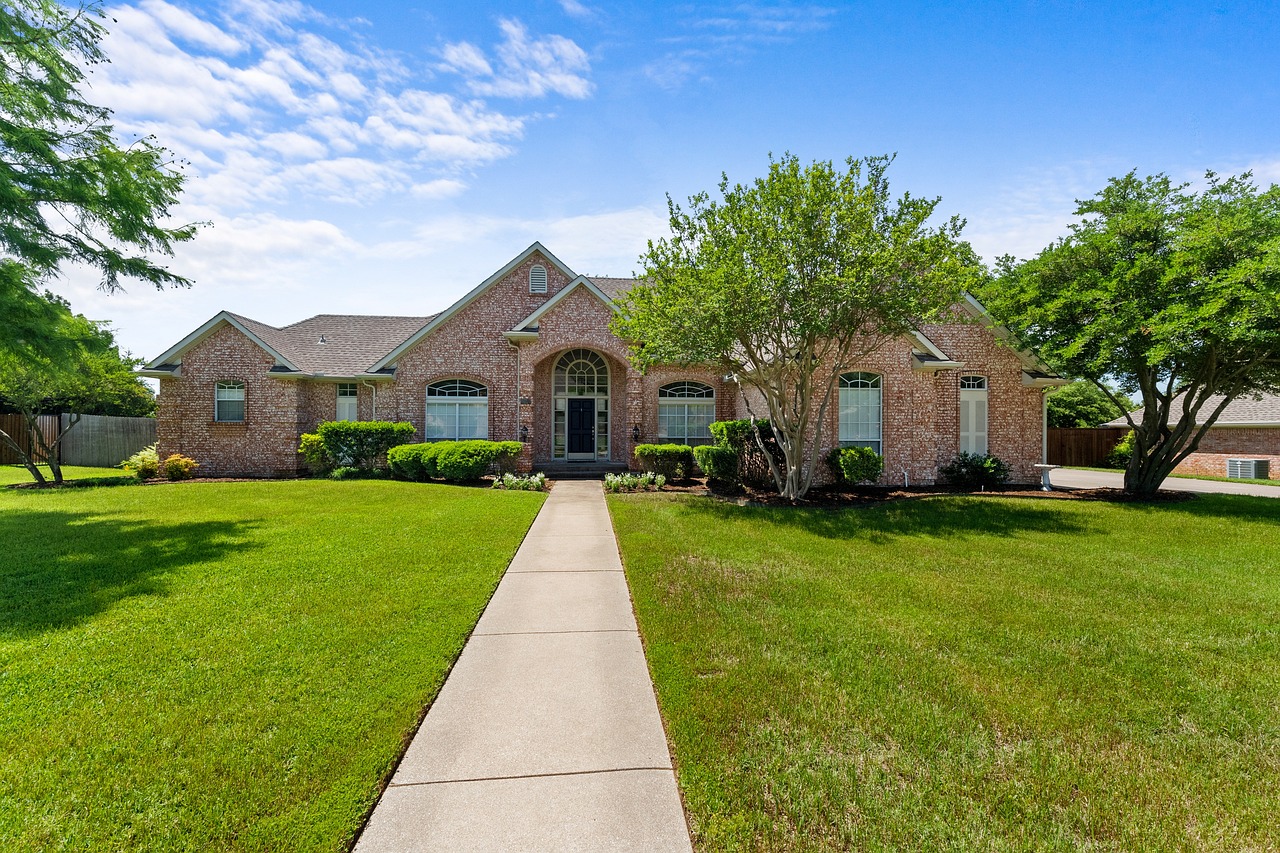The Role of Driveway Edging in Maintenance: Allpaanel, Laser247.com login, Betbook247 login
allpaanel, laser247.com login, betbook247 login: When it comes to maintaining your driveway, one essential element that often gets overlooked is driveway edging. While it may seem like a small detail, driveway edging plays a significant role in the overall upkeep and appearance of your driveway. In this article, we will explore the importance of driveway edging and how it can help prolong the lifespan of your driveway while enhancing its curb appeal.
What is Driveway Edging?
Driveway edging refers to the border or boundary that is installed along the sides of a driveway. It serves as a barrier between the driveway surface and the surrounding landscape, helping to keep the driveway in place and prevent soil or gravel from spilling over onto the driveway.
Types of Driveway Edging Materials
There are various materials that can be used for driveway edging, each with its own benefits and drawbacks. Some common materials include:
1. Concrete: Concrete is a durable and long-lasting option for driveway edging. It can be poured into any shape or size to create a custom look for your driveway.
2. Asphalt: Asphalt edging is a cost-effective option that blends seamlessly with the driveway surface. It is a popular choice for homeowners looking for a simple and low-maintenance edging solution.
3. Pavers: Pavers come in a variety of shapes, sizes, and colors, allowing for endless design possibilities. They are easy to install and can add a stylish touch to your driveway.
4. Stone: Natural stone edging provides a rustic and elegant look to your driveway. It is a more expensive option but offers durability and a timeless appeal.
Benefits of Driveway Edging
1. Prevents Erosion: Driveway edging helps to prevent soil erosion by creating a barrier that keeps the surrounding landscape in place. This can help maintain the structural integrity of your driveway and prevent costly repairs in the future.
2. Enhances Curb Appeal: A well-defined edge can make your driveway look polished and well-maintained. By choosing the right material and design for your driveway edging, you can enhance the overall aesthetic of your property.
3. Improves Drainage: Properly installed driveway edging can help improve drainage by directing water away from the driveway surface. This can prevent water from pooling on your driveway and causing damage over time.
4. Easy Maintenance: Driveway edging can help contain gravel or mulch within the driveway, making it easier to maintain. It can also act as a weed barrier, reducing the need for chemical weed killers.
5. Increases Property Value: A well-maintained driveway with proper edging can increase the value of your property. It can make your home more attractive to potential buyers and add to its overall curb appeal.
Tips for Maintaining Driveway Edging
1. Regular Inspections: Inspect your driveway edging regularly for any signs of damage or wear. Look for cracks, chips, or loose pieces that may need repair or replacement.
2. Clean Regularly: Keep your driveway edging clean by removing any debris, dirt, or weeds that may accumulate along the edges. This will help prevent clogs and maintain the integrity of the edging.
3. Sealant: Consider applying a sealant to your driveway edging to protect it from harsh weather conditions and UV rays. This can help prolong the lifespan of the edging and maintain its appearance.
4. Repairs: Address any issues with your driveway edging promptly to prevent further damage. Repair cracks or chips as soon as they appear to avoid more extensive repairs down the line.
5. Professional Maintenance: If you are unsure about how to maintain your driveway edging or if it requires major repairs, consider hiring a professional to assess the situation and provide recommendations for upkeep.
FAQs
Q: How often should driveway edging be inspected?
A: It is recommended to inspect your driveway edging at least once a year, ideally before winter to ensure it is in good condition to withstand harsh weather conditions.
Q: Can I install driveway edging myself?
A: While some driveway edging materials can be DIY-friendly, such as pavers or stone, it is essential to follow proper installation guidelines to ensure a durable and long-lasting result.
Q: How long does driveway edging last?
A: The lifespan of driveway edging depends on the material used, maintenance, and weather conditions. On average, driveway edging can last anywhere from 5 to 25 years.
Q: Can driveway edging be customized to match my home’s aesthetic?
A: Yes, many driveway edging materials come in a variety of colors, shapes, and sizes, allowing you to customize the edging to complement your home’s style and landscape.
In conclusion, driveway edging plays a crucial role in maintaining the integrity and appearance of your driveway. By investing in quality edging material and following proper maintenance guidelines, you can enhance the longevity of your driveway while boosting your property’s curb appeal. Remember to inspect your driveway edging regularly, clean it as needed, and address any repairs promptly to ensure it remains in tip-top shape for years to come.







